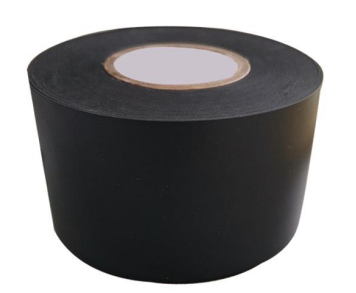The Importance of PVC in Electrical Insulation
Polyvinyl chloride (PVC) is a widely used thermoplastic that plays a crucial role in electrical insulation. Its diverse properties make it an ideal choice for a range of applications in the electrical industry. From wires and cables to various electrical components, PVC insulation is instrumental in ensuring the safety and efficiency of electrical systems.
One of the primary characteristics of PVC that makes it suitable for electrical insulation is its excellent dielectric properties. A dielectric material is one that can electrically insulate while allowing an electric field to pass through it. PVC has a high resistance to electrical conductivity, which helps prevent electrical currents from leaking and causing short circuits. This property is essential in maintaining the integrity of electrical systems and protecting users from potential electrical hazards.
The Importance of PVC in Electrical Insulation
Moreover, PVC is lightweight, which facilitates ease of installation and handling. When it comes to electrical installations, weight can be a significant factor, especially in larger systems where heavy cables could burden structures. The lightweight nature of PVC allows for more flexible and efficient installations, leading to reduced labor costs and easier maintenance.
pvc electrical insulation

Another crucial aspect of PVC is its flame-retardant properties. In electrical systems, the potential for overheating and electrical fires is a serious concern. PVC is formulated to resist ignition and slow the spread of flames, which can be life-saving in the event of an electrical fault. This property is particularly important in residential and commercial buildings where electrical wires and components are integrated into the structure.
The versatility of PVC also extends to its ability to be manufactured in various forms and colors. This customization allows electrical engineers and designers to choose specific types of PVC insulation that best suit their project's needs. From flexible PVC for cable insulation to rigid forms for protective enclosures, the adaptability of PVC ensures that it can meet specific design and functional requirements.
Finally, the cost-effectiveness of PVC insulation cannot be overlooked. Compared to other materials used for electrical insulation, PVC is relatively inexpensive, making it a popular choice among manufacturers and contractors. The combination of its performance, durability, and cost benefits contributes to its widespread use in various electrical applications.
In conclusion, PVC plays a vital role in electrical insulation, offering a blend of excellent dielectric properties, durability, flame resistance, and cost-effectiveness. Its versatility enables it to be utilized in a wide array of electrical applications, ensuring safety and reliability in everyday devices and infrastructure. As the demand for efficient electrical systems continues to grow, PVC will undoubtedly remain a key material in the electrical industry, supporting innovation and enhanced safety standards.
-
Versatility with Tape Electrical InsulationNewsJun.09,2025
-
Floor Marking Tapes For WareHouseNewsJun.09,2025
-
Enhance Your Projects with PVC Electrical TapesNewsJun.09,2025
-
Enhance Your Projects with Automotive Wiring Harness TapeNewsJun.09,2025
-
Enhance Your Automotive Fabric TapesNewsJun.09,2025
-
Enhance Electrical Projects with Cambric TapeNewsJun.09,2025
